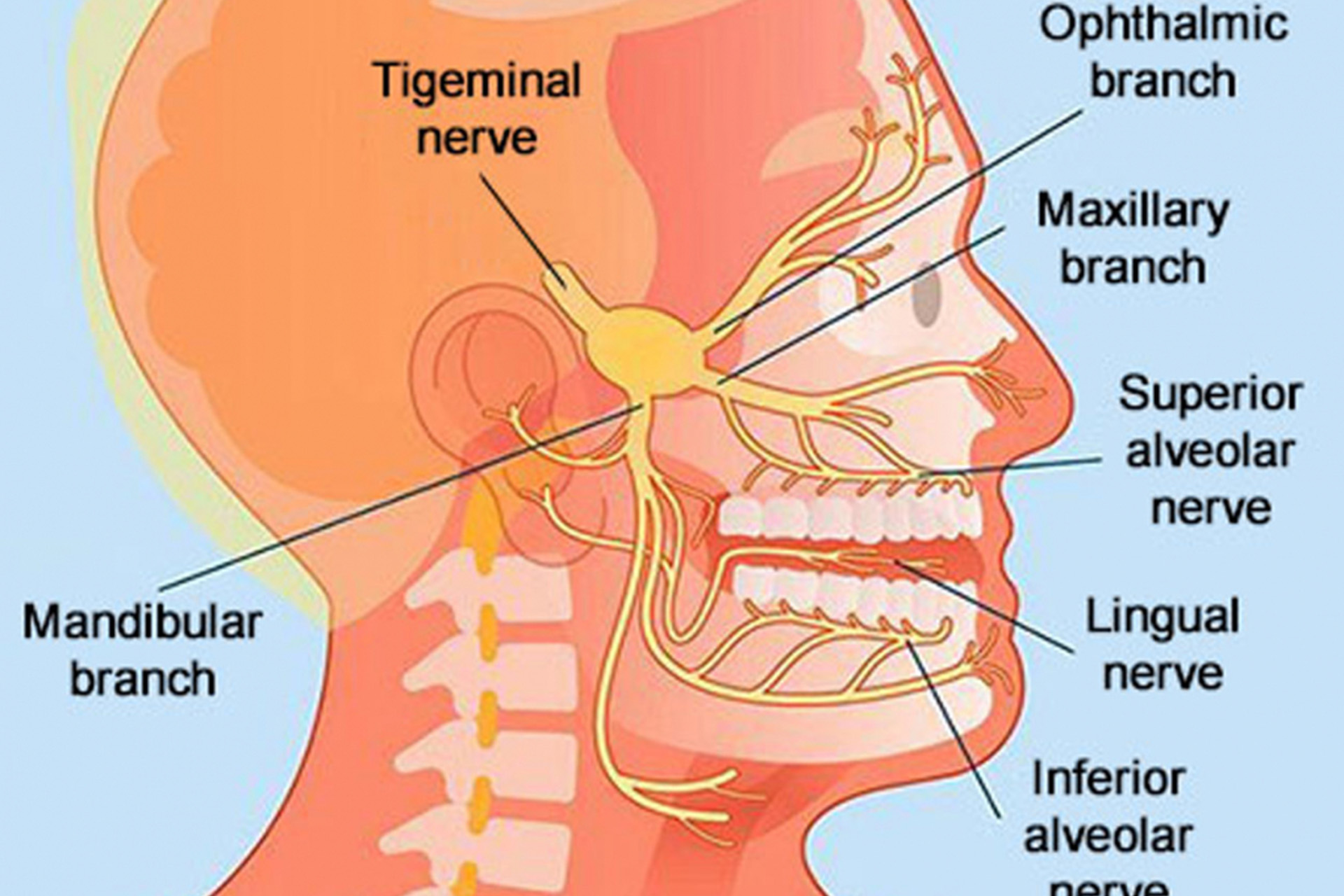TMJ stands for Temporomandibular Joint, which is the jaw joint in front of the ear. Common symptoms of TMJ disorders include:
- Jaw or face pain
- Headaches
- Jaw sounds
- Jaw locking
- Trouble eating
- Trouble opening the mouth
- Ear pain
- Ear stuffiness
Although pain sometimes presents as only ear pain, a toothache, or a headache, the mechanism behind the problem could be related to muscles, joints, teeth grinding, or a medical illness. It’s important to rule out an ear pathology, dental pathology, or a neurologic issue, but in the absence of clear signs of pathology, an aggressive treatment (root canal or surgery) should be avoided.
TMJ clicking occurs in about 30% of adults (it’s more common in children) and the majority of the time, it’s benign and doesn’t lead to any issues.
TMJ locking, on the other hand, can start as clicking, and almost always needs to be treated.
TMJ disorders after an accident. After a motor vehicle accident, fall, or a minor blow, TMJ pain, jaw locking, headaches, ear pain, and neck pain can occur, either right away or even after a few months.
Reference: Iodice G, Cimino R, Vollaro S, Lobbezoo F, Michelotti A. Prevalence of temporomandibular disorder pain, jaw noises and oral behaviors in an adult Italian population sample. J Oral Rehabil. 2019 Aug;46(8):691-698. doi: 10.1111/joor.12803. Epub 2019 May 7. PMID: 30993737. Pubmed

